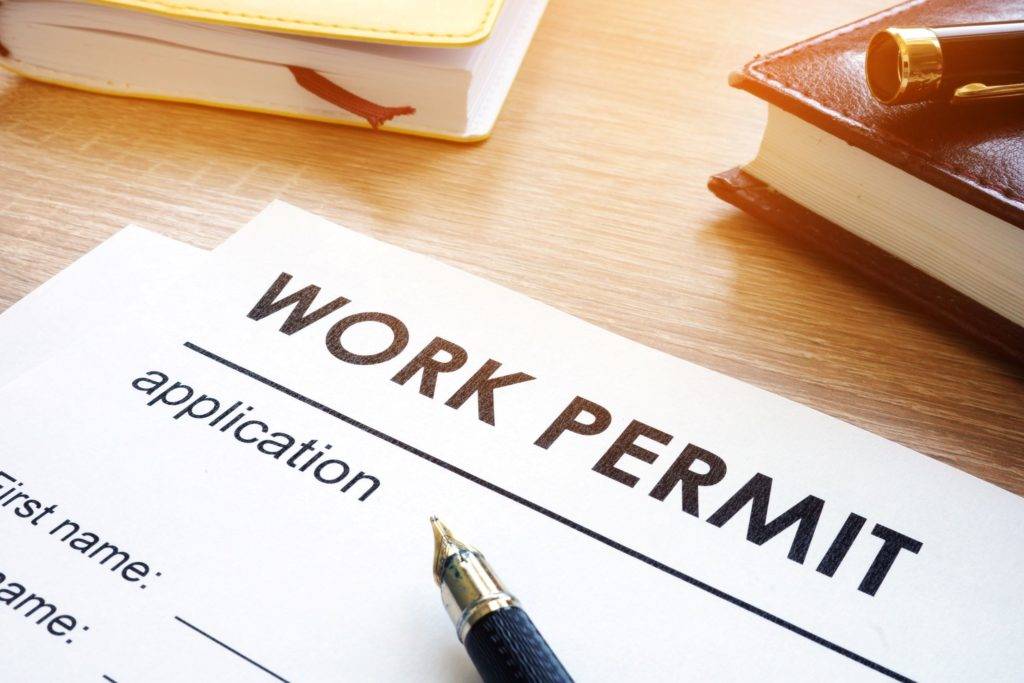A recession can feel uncertain, but I see it as a chance to make smart investment moves. Instead of reacting to market swings, I focus on strategies that protect wealth and create long-term growth. While some panic and sell, I look for opportunities that others might miss.
I know that strong, reliable investments hold up during downturns, and making the right choices now sets up financial success for the future. With a clear plan, a recession isn’t just something to endure, it’s an opportunity to build wealth and come out ahead.
Understand How Recessions Affect Investments
A recession impacts nearly every part of the economy, including stocks, bonds, real estate, and commodities. Knowing how these shifts affect different assets helps in making better financial decisions.

- Stock Market Volatility Increases: Investor uncertainty causes sharp market swings. Many panic-sell their stocks, leading to undervalued prices, while others rush into safer investments.
- Corporate Earnings Decline: Consumer spending slows down, which reduces company profits. Businesses with weak financials struggle, while strong, established companies tend to survive.
- Interest Rates Drop: Central banks often lower interest rates to encourage borrowing and spending, making it cheaper to take out loans but reducing yields on savings and bonds.
- Inflation or Deflation Risks: Depending on economic conditions, prices may rise (inflation) or fall (deflation), impacting purchasing power and investment priorities.
Recognizing these patterns helps investors prepare for potential risks and opportunities.
Read: How to Save Your First $10,000 and Start Investing Like a Pro
Focus on Defensive Investments
Recessions do not affect all investments equally. Some sectors and asset types tend to perform better during economic downturns, making them safer choices.
- Blue-Chip Stocks: Large, well-established companies with strong balance sheets and a history of steady earnings are more likely to withstand a recession. Examples include Apple, Microsoft, and Johnson & Johnson.
- Dividend Stocks: Companies that pay consistent dividends provide a reliable income stream, even if stock prices drop. Dividend reinvestment also helps grow investments over time.
- Bonds and Fixed Income Investments: Government bonds, treasury securities, and high-quality corporate bonds offer stability and consistent returns, especially when stock markets decline.
- Essential Industries: Certain sectors remain stable regardless of economic downturns:
-
- Healthcare: People continue to need medical services and medications.
- Utilities: Electricity, water, and gas remain essential expenses.
- Consumer Staples: Food, hygiene products, and household goods are always in demand.
-
Defensive investments help protect wealth while still offering growth potential.
Avoid High-Risk Investments
Some investments become extremely volatile or underperform in a recession. Avoiding these high-risk assets minimizes potential losses.
- Speculative Stocks: High-risk, high-reward companies (such as unprofitable startups) may struggle to survive.
- Highly Leveraged Companies: Businesses with large amounts of debt often face bankruptcy risks if they cannot meet their financial obligations.
- Volatile Assets: Cryptocurrencies, penny stocks, and emerging tech startups can suffer massive price swings, making them unreliable during downturns.
- Industries That Suffer in Recessions: Certain businesses face steep declines in demand:
-
- Luxury Goods: Consumers cut back on high-end purchases.
- Travel and Hospitality: Fewer people travel, reducing airline, hotel, and tourism profits.
- High-Growth Tech Stocks: Many tech startups rely on borrowing, making them vulnerable to economic downturns.
-
Keeping investments in stable, proven assets lowers overall risk.
Read: 10 Interview Questions You Must Be Ready to Answer in 2025
Buy Quality Assets at Discounted Prices
Market downturns present a chance to buy strong investments at lower prices.

- Look for Undervalued Stocks: During recessions, high-quality companies often see their stock prices fall temporarily. Buying these at a discount can lead to strong future gains.
- Use Dollar-Cost Averaging: Investing a fixed amount regularly reduces the impact of short-term market fluctuations and eliminates the risk of mistiming the market.
- Prioritize Companies with Strong Financials: Look for businesses with:
-
- Low debt
- High cash reserves
- Consistent revenue and profit history
-
Recessions create opportunities to buy valuable assets at lower prices, setting up strong long-term returns.
Diversify to Reduce Risk
Diversification is one of the best ways to protect investments from economic downturns.
- Mix Different Asset Classes: A well-balanced portfolio includes:
-
- Stocks for growth
- Bonds for stability
- Real estate for passive income
- Commodities for inflation protection
-
- Invest in International Markets: Some economies recover faster than others. Holding international stocks or funds spreads risk across multiple regions.
- Consider Commodities and Precious Metals: Gold and silver often retain value during recessions, acting as safe-haven assets.
A diverse portfolio cushions against losses in any single investment category.
Read: Your First 90 Days How to Succeed in a New Job Remotely or In-Person
Keep Cash Reserves Ready
Liquidity provides financial flexibility and prevents forced selling of assets at a loss.
- Maintain an Emergency Fund: Having 6 to 12 months’ worth of living expenses in cash prevents panic selling during downturns.
- Seize Buying Opportunities: When the market drops, cash reserves allow investors to purchase undervalued assets without relying on loans.
- Avoid Selling in a Panic: A strong cash position ensures that investments can remain untouched until the market recovers.
Having cash available helps take advantage of investment opportunities and reduces financial stress.
Invest in Real Assets
Certain physical assets hold value well during economic downturns.
- Gold and Silver: Precious metals serve as a hedge against inflation and economic instability.
- Real Estate: Rental properties generate steady income, and property values tend to appreciate over time.
- Farmland and Commodities: Agricultural land and essential commodities remain valuable, as food production continues regardless of economic conditions.
Investing in tangible assets provides long-term security.
Read: The UK Job Perks Most Immigrants Don’t Know About—From Paid Holidays to Parental Leave
Take Advantage of Low Interest Rates
Recessions often bring lower interest rates, creating financial opportunities.

- Refinance Debt: Lower rates make it a good time to refinance mortgages, student loans, or business loans, reducing monthly payments.
- Invest in Real Estate: With lower borrowing costs, purchasing property becomes more affordable, leading to long-term wealth-building opportunities.
- Consider Dividend Reinvestment Plans (DRIPs): Reinvesting dividends allows for compounding growth over time.
Using low interest rates wisely can improve financial stability and increase investment returns.
Stay the Course and Think Long-Term
Recessions are temporary, but well-planned investments grow over time.
- Avoid Emotional Decisions: Selling in a panic locks in losses. Staying committed to a long-term strategy ensures better returns.
- Stick to a Well-Researched Plan: A disciplined investment approach based on market fundamentals leads to better financial outcomes.
- Remember Market History: Every recession has eventually led to a recovery. Those who invest wisely during downturns often see the biggest gains when the economy rebounds.
Investing during a recession requires smart strategies and a focus on financial stability. Defensive investments, diversification, and long-term thinking help protect and grow wealth. Avoiding high-risk assets, keeping cash reserves, and taking advantage of discounted prices allow investors to make the most of economic downturns.
Those who stay patient and invest wisely during a recession often position themselves for the strongest gains when the market recovers.














